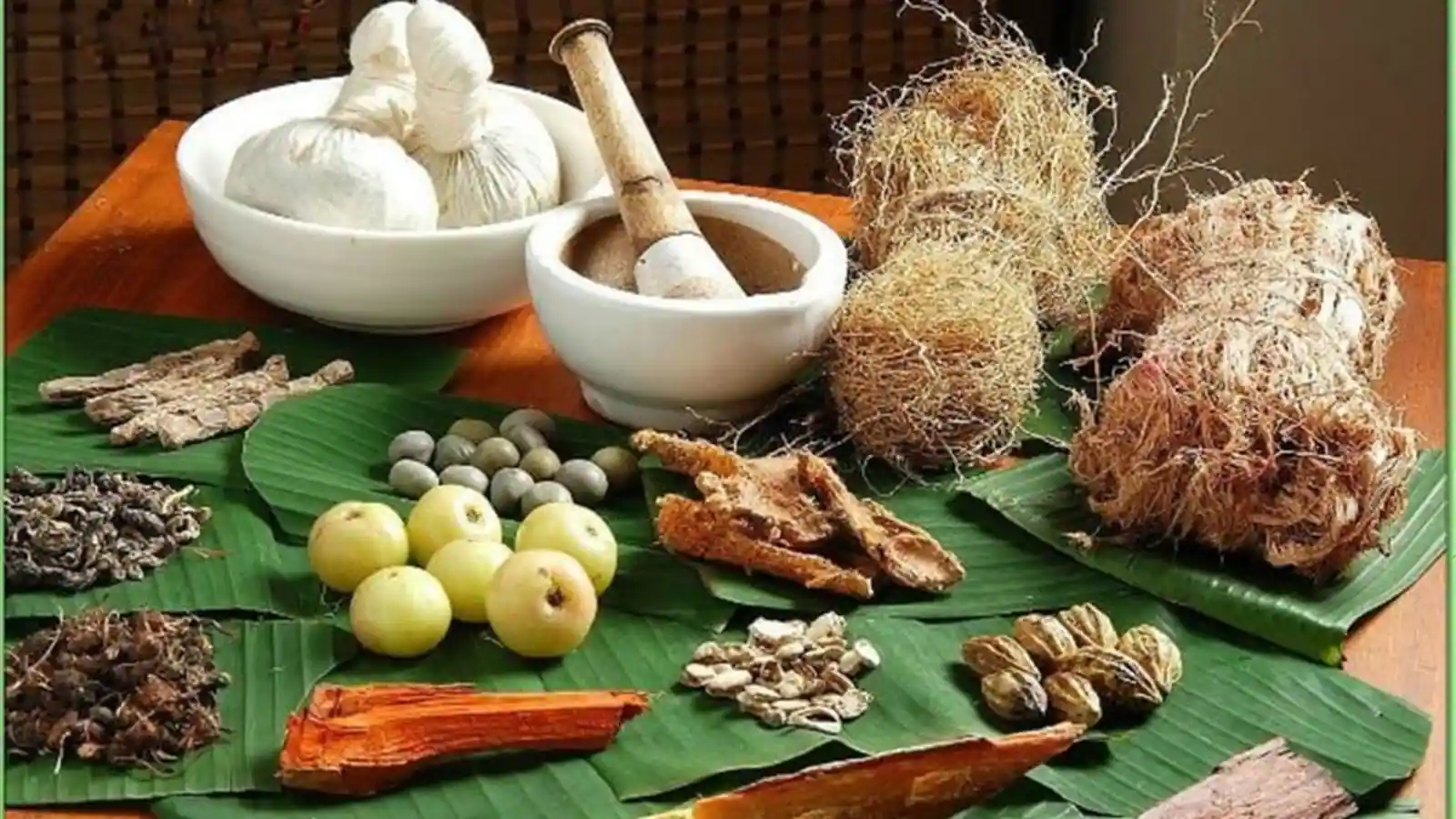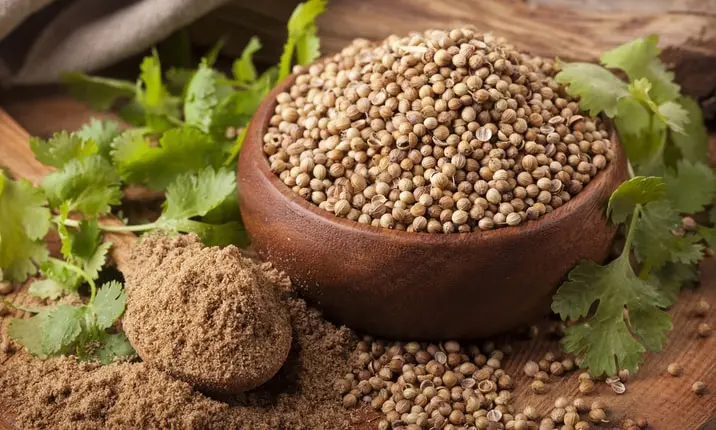The Healing Power of Traditional Indian Herbs
At Herbal Bear, we are passionate about natural wellness and providing high-quality herbal products to support your healthy lifestyle. We understand that our customers have diverse interests, and sometimes, relaxation and entertainment are also part of a balanced life. For those moments when you’re looking for some online fun, you might be interested in exploring options such as Australia online casino sites. Remember to always engage in such activities responsibly and in moderation, ensuring it complements your overall well-being.
Traditional Indian herbs have long been celebrated for their healing properties, deeply embedded in the practices of Ayurveda and other ancient systems of medicine. With a rich history spanning thousands of years, these herbs offer a natural, holistic approach to health and wellness. From boosting immunity to alleviating chronic pain, traditional Indian herbs have earned a reputation for their remarkable medicinal benefits. In this post, we will explore the healing power of some of the most commonly used traditional Indian herbs and their therapeutic applications.

1. Ashwagandha: The Stress Reliever
Ashwagandha, often referred to as “Indian ginseng,” stands out as one of the most renowned herbs in Ayurvedic medicine. It is best known for its adaptogenic properties, meaning it helps the body adapt to stress and restore balance. Ashwagandha supports the nervous system, reduces cortisol levels (the stress hormone), and improves overall vitality. Its benefits include:
- Stress Reduction: Regular use of ashwagandha helps manage stress and anxiety, promoting relaxation and mental clarity.
- Energy Boost: It enhances stamina and endurance, making it a natural tonic for physical and mental fatigue.
- Improved Sleep: Ashwagandha is known to improve sleep quality by calming the mind and reducing anxiety.
For centuries, ashwagandha has rejuvenated the body, enhanced physical performance, and reduced the negative effects of stress.
2. Turmeric: The Anti-Inflammatory Powerhouse
Turmeric, with its active compound curcumin, is one of the most celebrated herbs in Indian traditional medicine. Known for its powerful anti-inflammatory and antioxidant properties, turmeric has treated a variety of ailments for centuries. Some of its well-known benefits include:
- Anti-Inflammatory: Turmeric reduces inflammation, making it effective for conditions like arthritis and joint pain.
- Digestive Aid: It improves digestion, relieves bloating, and supports liver function.
- Skin Health: Turmeric treats skin conditions like acne and eczema, promoting a healthy complexion.
Its versatility in treating both internal and external conditions has made turmeric a staple herb in traditional Indian healing practices.
3. Holy Basil (Tulsi): The Sacred Herb
Tulsi, also known as Holy Basil, holds a special place in Indian culture. Revered as a sacred plant, it is often found in homes and temples. Tulsi is a powerful herb with a wide range of medicinal benefits. Some of its uses include:
- Immunity Boost: Tulsi’s strong antimicrobial properties help fight infections and boost the immune system.
- Respiratory Health: It treats colds, coughs, and bronchitis by clearing the airways and improving lung function.
- Adaptogen: Like ashwagandha, tulsi helps the body cope with stress and promotes overall well-being.
Tulsi’s unique properties make it an essential herb for daily health maintenance, supporting both physical and mental health.
4. Amla: The Vitamin C Powerhouse
Amla, or Indian gooseberry, is one of the richest natural sources of Vitamin C. In Ayurveda, it is considered a superfood that nourishes the body and promotes longevity. Amla’s health benefits include:
- Immune Support: Its high Vitamin C content strengthens the immune system and helps the body fight infections.
- Digestive Health: Amla improves digestion, regulates bowel movements, and promotes a healthy gut.
- Skin and Hair Health: Amla improves the condition of skin and hair, promoting healthy skin and shiny, strong hair.
Amla has rejuvenated the body for centuries, maintaining youthful energy and vitality.
5. Neem: The Purifier
Neem is another powerful herb commonly used in traditional Indian medicine. Known for its detoxifying and purifying properties, neem has a wide range of uses. Some of its benefits include:
- Detoxification: Neem detoxifies the body, purges toxins, and promotes liver health.
- Skin Care: It is widely used in skincare products due to its antibacterial, antifungal, and anti-inflammatory properties. Neem treats acne, eczema, and other skin conditions.
- Antimicrobial: Neem fights bacterial, viral, and fungal infections, making it a valuable herb in the treatment of various diseases.
Neem’s cleansing properties make it an essential herb for maintaining overall health and well-being.
Conclusion
The healing power of traditional Indian herbs is undeniable. From ashwagandha’s stress-relieving benefits to turmeric’s anti-inflammatory effects, these herbs have supported health for centuries. Each herb offers unique properties that contribute to the holistic healing approach of Ayurvedic medicine. By incorporating these herbs into your daily routine, you can harness their therapeutic power to improve physical, mental, and emotional well-being. As the world continues to embrace natural remedies, the healing traditions of India remain as relevant and powerful as ever.



